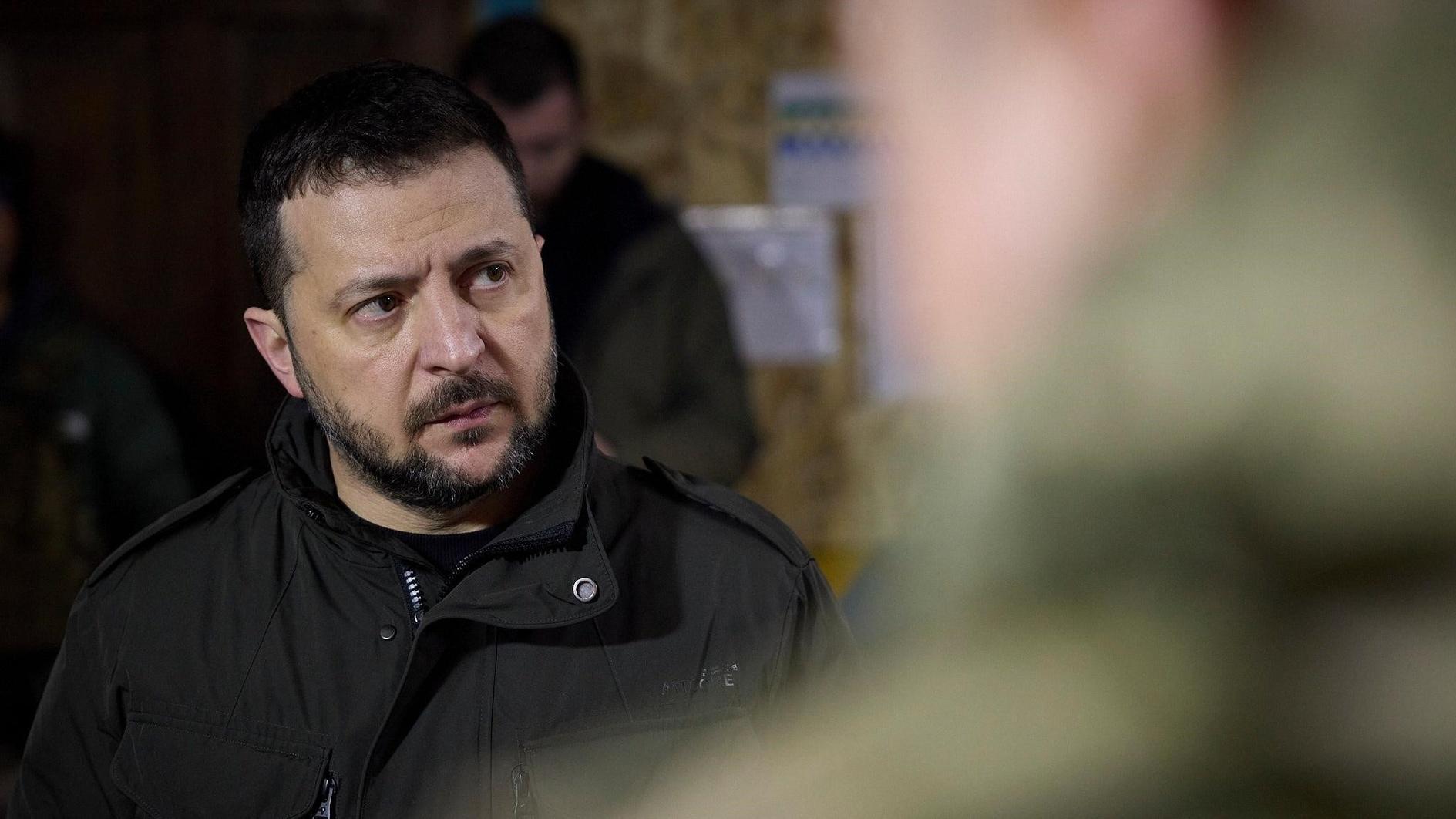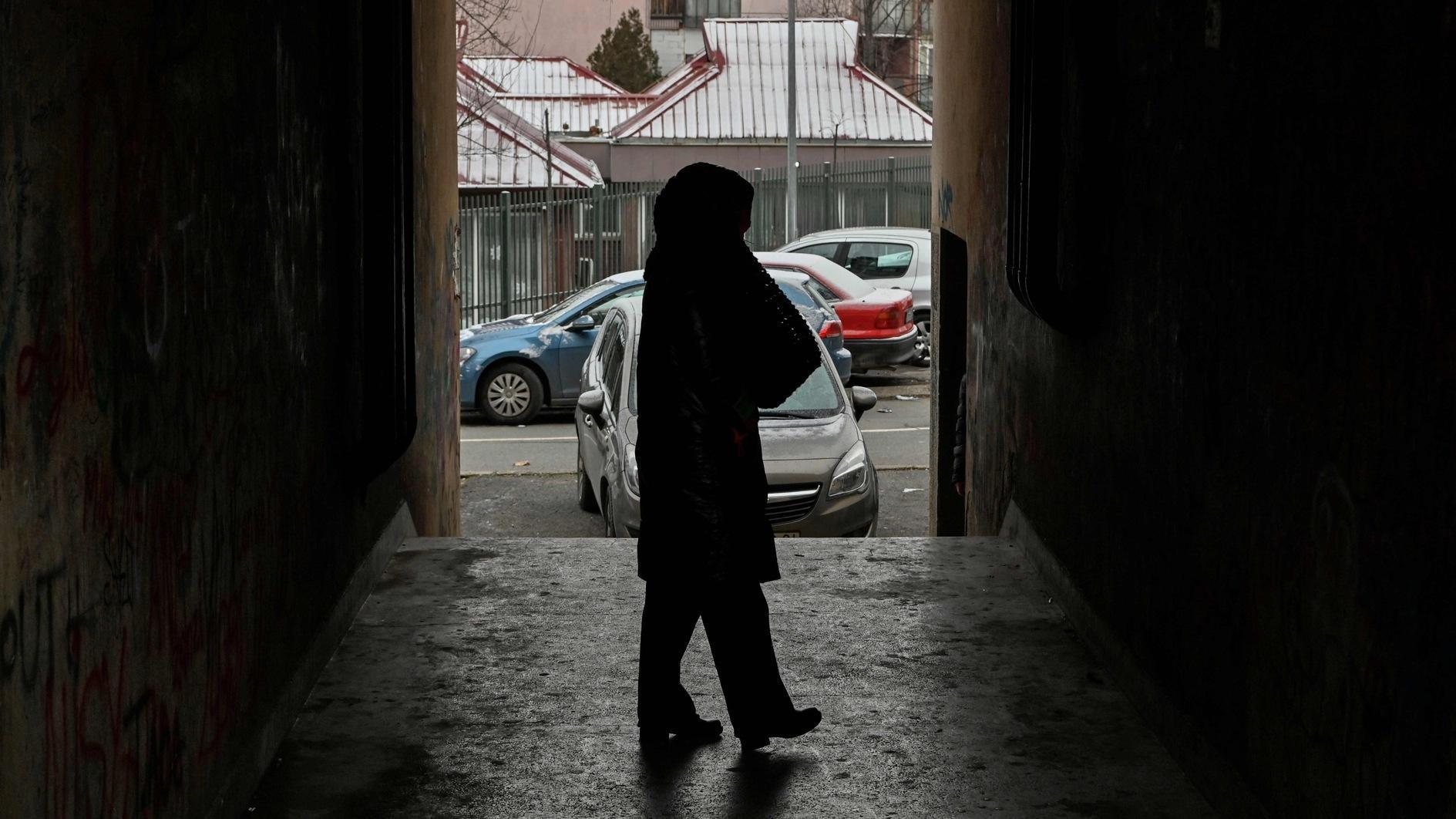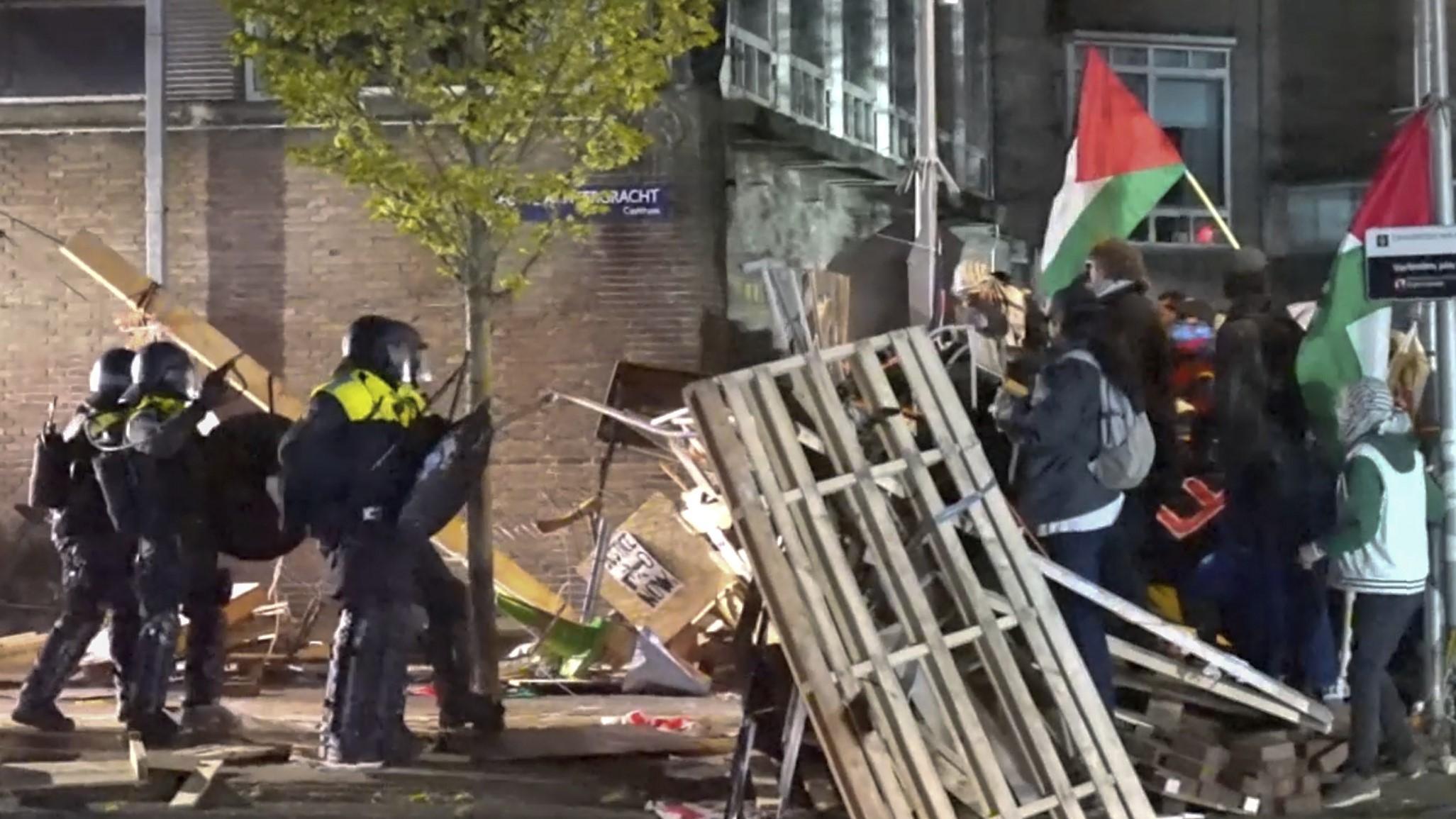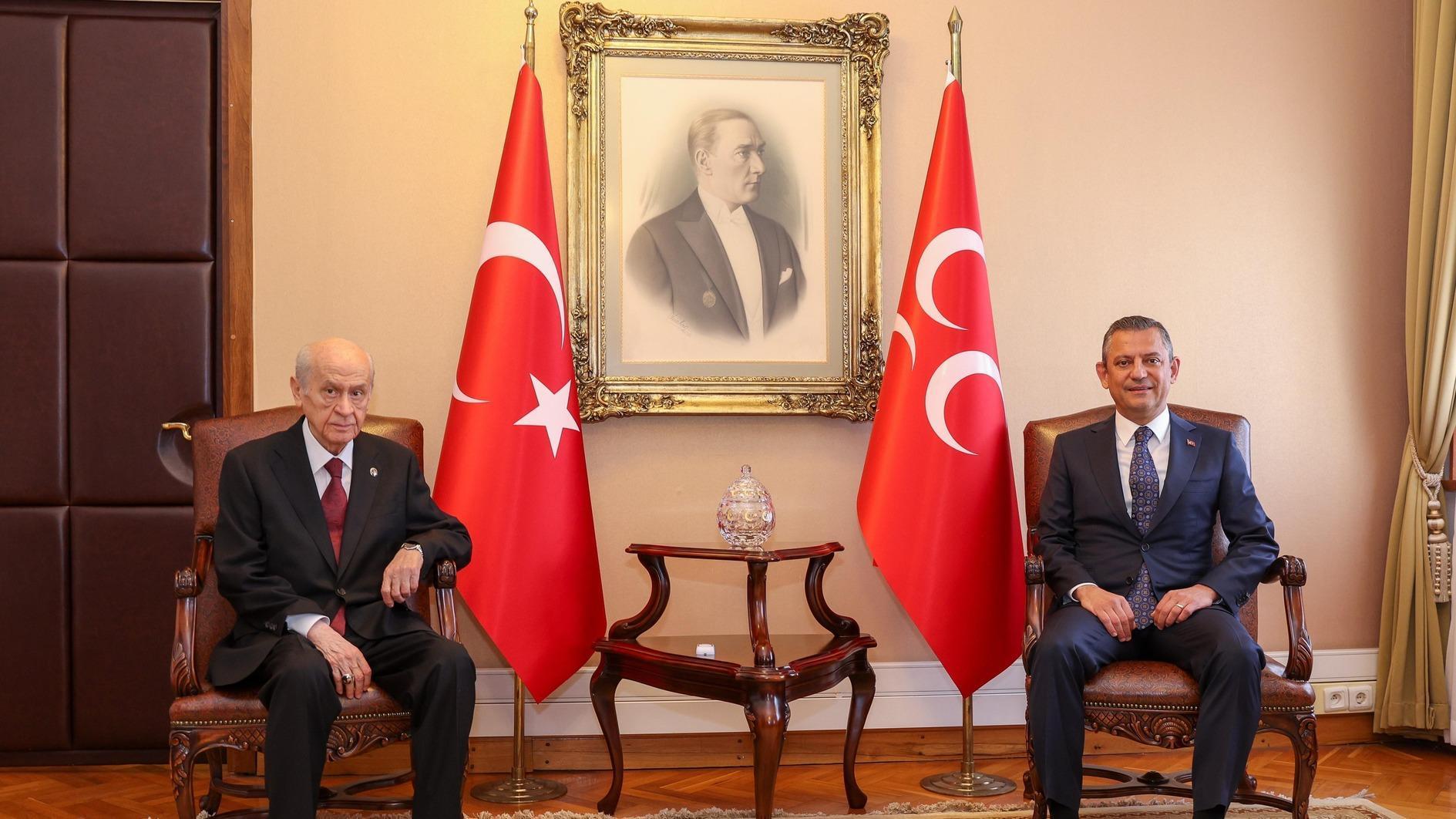Politics of democracy, or vengeance?
Vengeance is a terrible human response against injustice and inhumanity. The principles of justice and equality, along with forgiveness, are the best cures to tame this terrible human response. Thus, it is only the politics of democracy that can enforce these principles and manage to avoid the idea of revenge dominating social and political interactions. The politics of power and authority are not only the forms of expression of some sort of revenge, but also enforce the idea of counter-vengeance by promoting counter-injustice and humility.
Unfortunately, Turkey has slid into the politics of vengeance and social polarization in a number of respects. The recent court decision that sentenced high ranking generals and their collaborators to decades in prison on charges of attempting a coup is being perceived by many as the last expression of vengeance by the present Justice and Development Party (AKP) government. Apart from the claims of legal problems concerning the trial process and of political manipulation of the judiciary, it is the social and political atmosphere in Turkey that has created such fury and polarization.
It is true that there still are those in Turkey who would be happy if the coup attempt had been successful and who would object to the court decision even it were not overshadowed by counter evidence. But their numbers and credibility would be more negligible if the political atmosphere was not totally polluted by a democratic deficit and if the judiciary proved itself to be above the current political disputes. Unfortunately, this is not the case, and even the most enthusiastic democratic supporters of the government’s fight against the military hegemony have started to criticize the government for its democratic deficit. It is becoming increasingly clear that the fight against the military is more defined by a “power struggle” than a “struggle for democratization.” I think that sometimes even a power struggle is not enough to explain the recent events, and they instead bear the hallmarks of a politics of sheer revenge.
I have to admit that even I caught myself feeling vengeful after the recent verdict when I saw all sorts of members of the Turkish elite who had once snubbed the conservatives but who have since turned into sycophants of the conservative government, and who relish the military being cut down to size. Those who felt humiliated must have even stronger feelings of the past. However, the feeling of having absolute power is a dangerous poison. If the memories of past humiliations and injustices could be turned into a challenge to call for more justice, equality and understanding of the “other,” Turkey would have a great chance for democratization. However, the AKP failed to use this chance. Their failure does not only come from their accumulation of power and strength, but also from their major weakness which is the feeling of past humiliation. The conservatives have still not been able to overcome their feelings of humiliation, and unless they get rid of their “love/hate” relation with the world of so called “White Turks,” they will never be able to tame their anger.
Of course, it is not only the politics of revenge or resentment, but unless the AKP fails to overcome its shortcomings in all sorts of areas, Turkey will slide further away from democracy.











